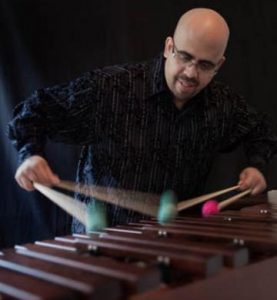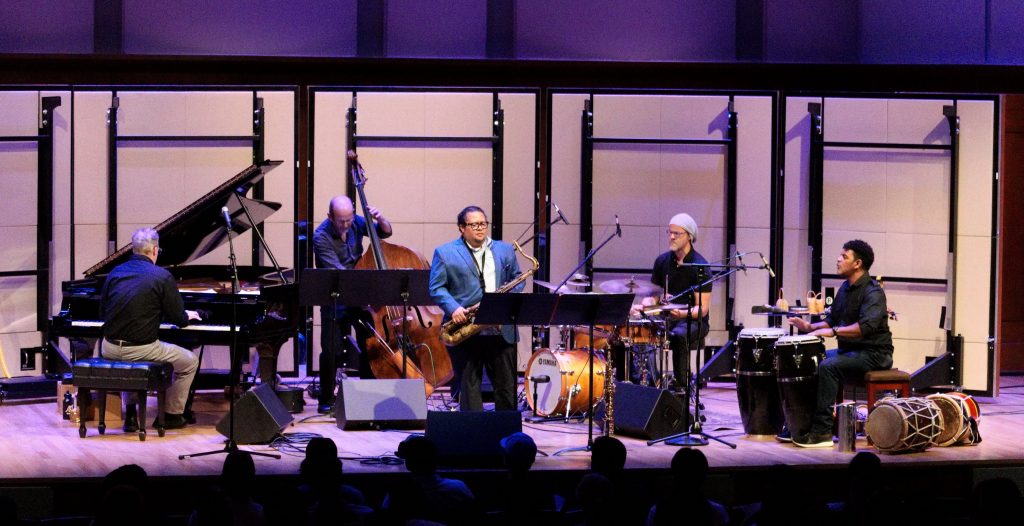MUSC 147: Introduction to Music of the Américas

Professor Juan Álamo
Mon/Wed/Fri, 10:10-11:00 am
Latin America is one of the richest, versatile and complex multi-cultural places in the world. Countless musical genres such as Tango, Cumbia, Samba, Mariachi, Merengue, Bolero, Reggeaton, Bachata, and Salsa have developed in this region and achieved worldwide popularity. Furthermore, most of these musical genres have played a dual role in Latin American history: both as forms of entertainment and cultural identity but more importantly as platforms for socio-political discourse. For instance, the Corrido and Narcocorrido is often used by Mexicans and Mexican Americans in the Mexico-USA border region as a means to address social, economic, and political inequalities.
How do Mexicans and Mexican Americans make mariachi music not only culturally meaningful but also economically profitable in their lives? Is salsa Puerto Rican, Cuban or Nuyorican? What is mestizaje, and how has it influenced the creation of many Latin American music genres and instruments? In what ways transnationalism and transculturation have influenced the evolution of contemporary Latin American popular music genres such as, salsa, cumbia, and reggaeton? More importantly, how those two cultural processes have provided a mechanism for Latin immigrants to create cultural alliances and thus resists, and defy oppressive hierarchies of culture that often view them as socially, culturally and intellectually inferior. What kinds of Latin music are accessible in North Carolina, and what can these music genres teach us about the music and cultures of North Carolina and the New South? These, as well as other important topics, are the focal point of discussions throughout the semester.
This course is an introduction to contemporary Latin(o) American popular music, focusing on how musicians have negotiated an increasingly global popular culture industry. It’s open to all Carolina undergraduate students regardless of major. Non-music majors are welcome, and no music reading skills are required, as the classroom, subject and textbook help students to learn and understand the essential musical and historical concepts that facilitate a greater understanding and appreciation of the music and culture of this region.
MUSC 147 provides 3 credit hours towards graduation and satisfies the general education requirement of Power, Difference, and Inequality (PDI).

